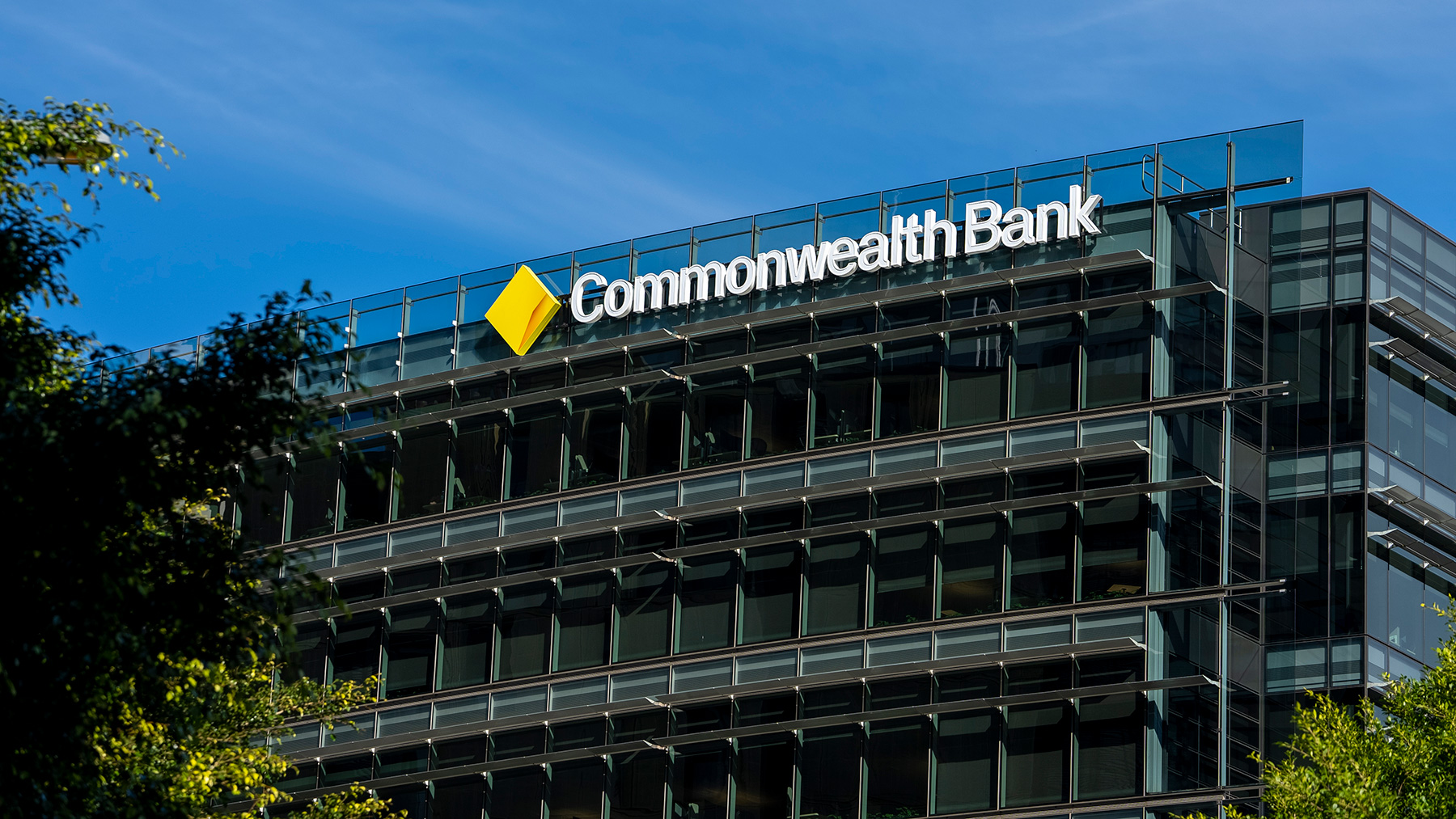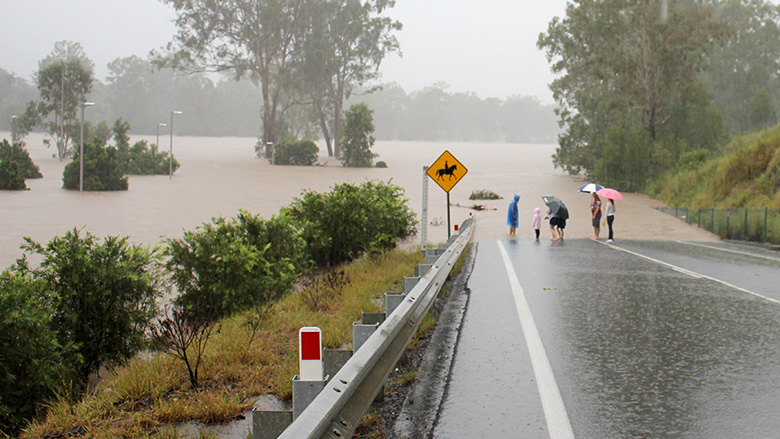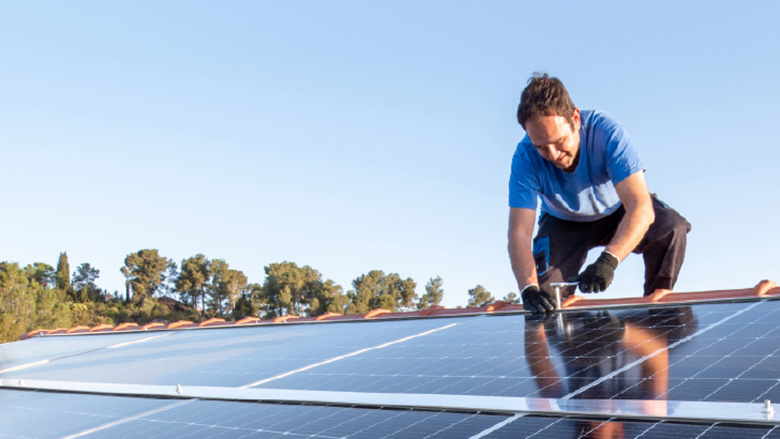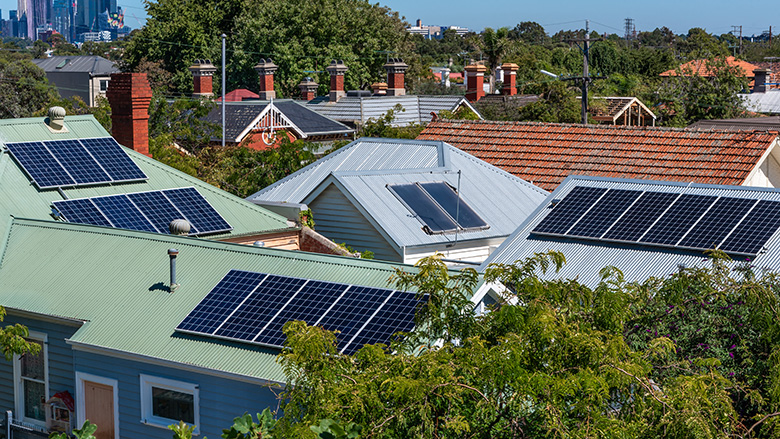This financial year, CBA acted as Joint Lead Manager on more ESG bond transactions in the Australian dollar market than any other bank. We have arranged $9.4 billion of Australian dollar ESG bonds across 17 issues, and $13.6 billion of ESG bonds globally. The bank acted as Joint Lead Manager on Queensland Treasury Corporation’s $3bn green bond, the largest transaction of this kind in the Australian market.
The Bank also supported a range of innovative transactions, serving as Joint Lead Manager on University of Tasmania’s $350 million green bond, the largest green issued by an Australian university and the first to solely fund assets targeting a reduction in embodied carbon. Further initiatives have included the development of a number of successful sustainable finance products for institutional clients such as an ESG Term Deposit and Green Repurchase Agreements.
CBA has helped break new ground with several sustainable deals in the Australian loan market, including the launch of the country’s first Green Development Loan to incentivise the construction of new green buildings.
While green loans typically fund existing assets, CBA worked with Charter Hall to achieve Climate Bond Initiative certification of its $202 million construction facility for a new development in Richmond, Victoria.
CBA has also provided sustainability-linked inventory financing, supporting Australian grain company Viterra with a syndicated $800 million facility that will help with expanding a sustainably grown grain supply chain across the country.
CBA’s strategy, in addition to considering the risks of climate change, seeks to harness the significant existing and emerging opportunities to help customers reduce their emissions, adapt to climate change and drive positive social outcomes.
Playing a leading role in Australia’s recovery and transition is key to delivering on Commonwealth Bank’s purpose and helping to build a brighter future for all.






